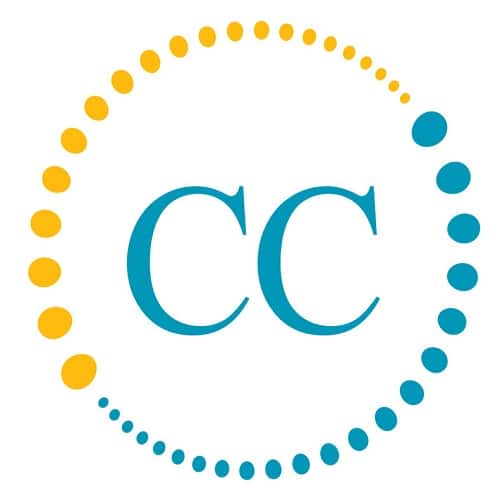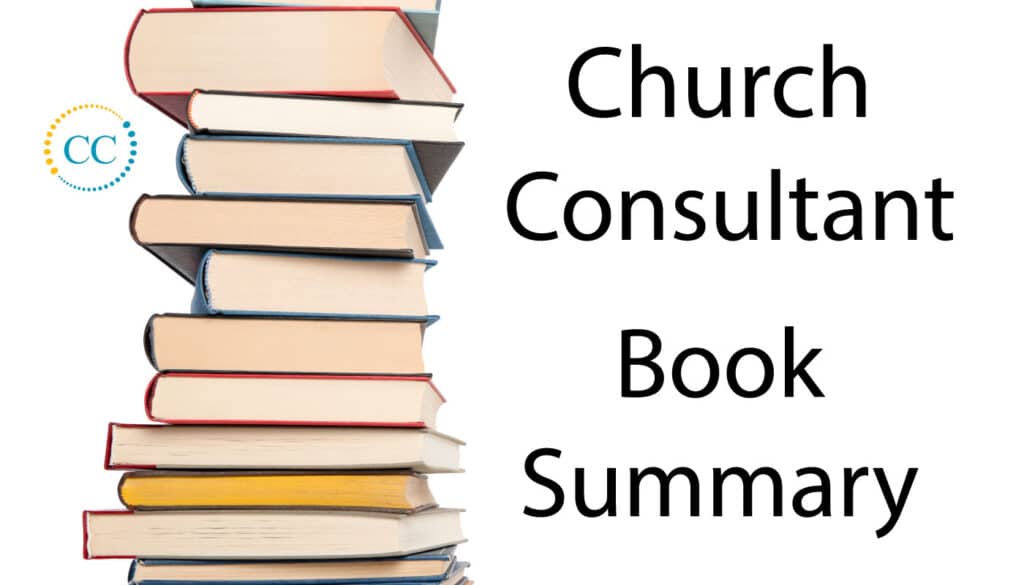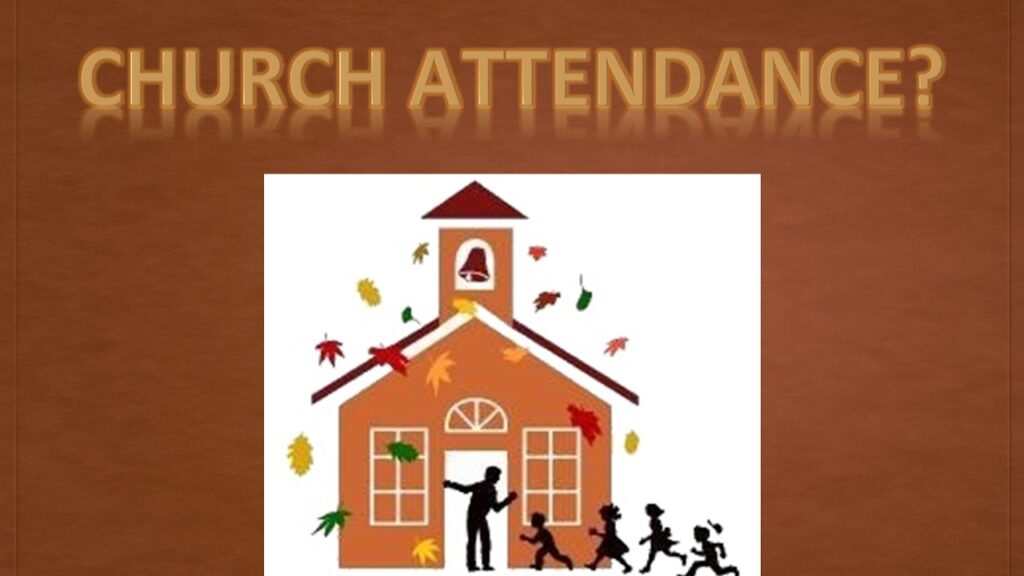Church Consultant Report: Top 5 Issues

As a church consultant, it is imperative to be in tune with the major issues the church is dealing with. The church in America, like other institutions, is not immune to the ever-shifting landscape of societal change, cultural evolution, and global events. Over the last few decades, the church has grappled with a range of issues, some longstanding and some relatively new. This article sheds light on the top five problems facing the American church today:
- Declining Church Attendance and Religious Affiliation: Over the past several years, numerous studies and polls have shown a decline in church attendance and religious affiliation among Americans, particularly younger generations. According to a study by the Pew Research Center, the percentage of adults who describe themselves as Christians has been dropping. At the same time, the religiously unaffiliated — a group comprising atheists, agnostics, and those who claim “nothing in particular” — has seen a significant rise. The challenge here is to discern the root causes behind this trend and address them effectively.
- Sexual Abuse and Institutional Accountability: Sadly, over the past few decades, the American church has grappled with revelations of sexual abuse, often perpetrated by those in positions of trust and power. While the Roman Catholic Church has been at the forefront of media scrutiny due to the exposure of widespread abuse and cover-ups, Protestant denominations have not been exempt from such incidents. This has led to a crisis of trust and faith in church leadership. Addressing this requires both justice for the victims and a comprehensive plan for prevention, including better vetting, training, and oversight.
- The Church’s Response to Social Issues: The church’s stance on contemporary social issues such as LGBTQ rights, racial justice, immigration, and climate change, among others, has been a point of contention. While some congregations have taken progressive stances, advocating for inclusivity and justice, others have held to more traditional or conservative views. This divergence has led to polarization within the church, often reflecting broader societal divides. The challenge is discerning how the church can navigate these issues while remaining faithful to its core teachings and promoting unity.
- Economic Challenges and Resource Allocation: Many churches face financial struggles as attendance declines. Decreased tithing and donations have led to challenges in maintaining church properties, funding outreach programs, and supporting missions. Decisions about resource allocation can lead to tensions, especially when congregants feel that their priorities are not being met or that funds are being mismanaged. The church must find sustainable financial models to function effectively in a changing economic landscape.
- Digitalization and the Virtual Church Experience: The COVID-19 pandemic catapulted many churches into the digital age as in-person services were halted. This forced churches to adapt quickly to online platforms. Even as physical services resume, the digital church experience has proven valuable, reaching individuals who might never step foot in a traditional church setting. However, this digital shift also presents challenges: maintaining community, ensuring meaningful engagement, and navigating the overwhelming world of technology.
The issues facing the American church today are complex, interwoven with societal changes and broader global events. They call for introspection, dialogue, and action. Church leadership and the wider Christian community need to come together, grounded in faith and a commitment to the Gospel’s core messages, to navigate these challenges and ensure a vibrant future for the church in America.
Steve Lawes is a Church Consultant and also provides coaching for pastors, churches, ministries and church planters.




